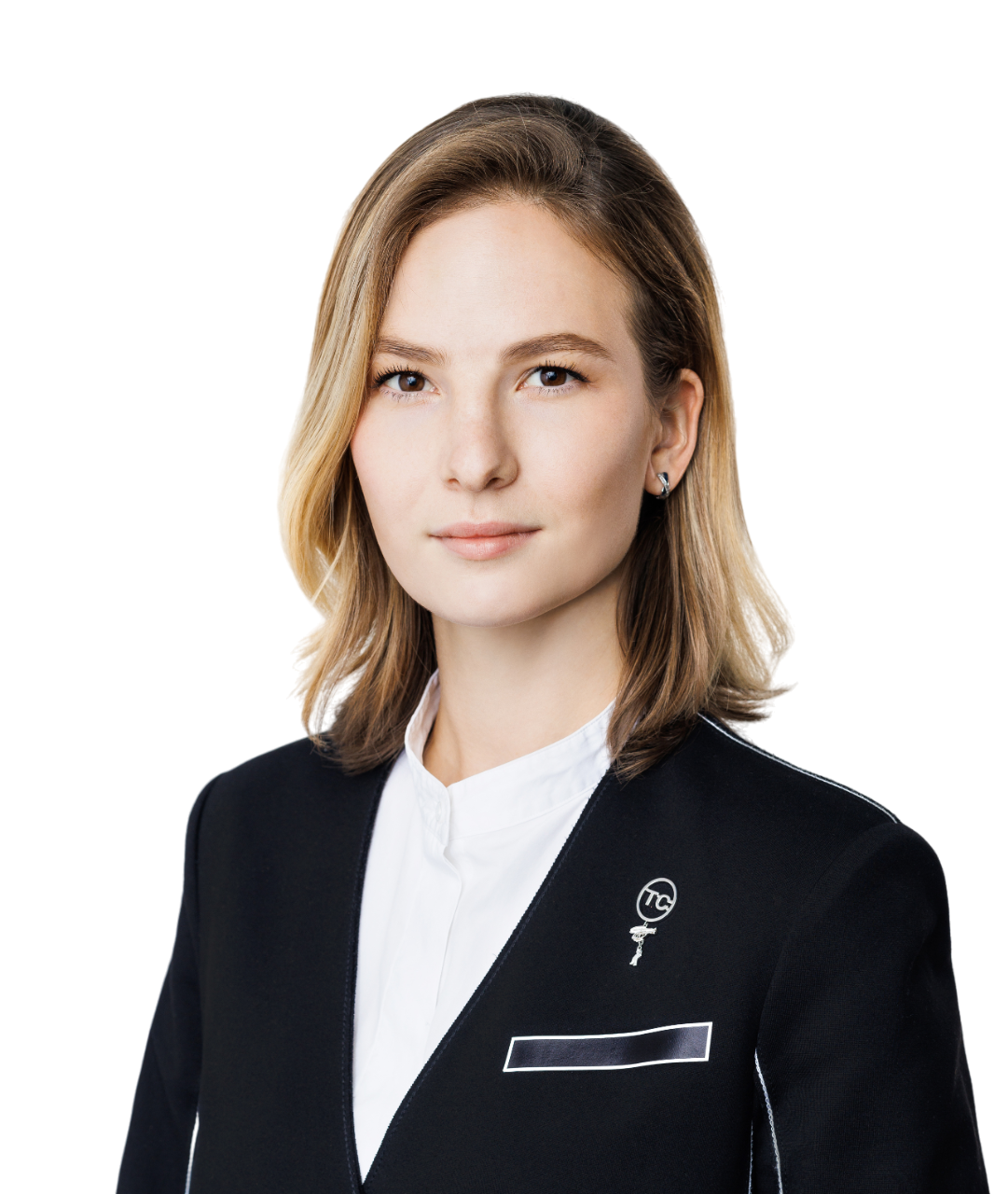The wording of provisions of the Tax Code has given rise to disputes as to which figures should be taken into account when determining the amount of a deduction for excise duties on aviation paraffin: as at the date of purchase of the fuel or as at the date of refuelling of an aircraft.
Due to the regular increase in the currency exchange rate and fuel prices, which at the moment continue to break all records, from the solution of this issue calculated by the taxpayer himself the value of B-aviation, by which the amount of deduction is subject to increase, may differ significantly.
Thus, the formula defined by the law (Clause 21 of Article 200 of the Tax Code of the Russian Federation) contains the component ‘average price of the export alternative for aviation paraffin’, which is calculated using various indicators (average price on the stock exchange, the value of the dollar exchange rate) for the ‘tax period’ without specifying which tax period (month) should be applied - acquisition of property (i. e. when the object of excise taxation arose) or refuelling of fuel (when the right to deduction arose), which caused ambiguous interpretation.
When the authorised bodies became aware of the discrepancies, they published the relevant clarifications. Both the Ministry of Finance and the Federal Tax Service pointed out that fuel prices should be taken into account in the month in which they were purchased from a Russian supplier.
Despite this, many airlines have continued to apply the law in a way that is more favourable to themselves, as the cost on the date of refuelling is significantly higher and increases the amount of the deduction.
Some of them even decided to challenge the approach used by the tax authority in court. In particular, this spring the disputes of S7 Airlines were finalised.
In one of the cases (A40-197573/2023), the 1st instance court upheld the taxpayer's approach, citing the following circumstances:
- The law does not contain any indication of the need to calculate the value of B-aviation in relation to the period of calculation of excise duty;
- The Tax Code does not contain the possibility or obligation of a taxpayer, when reflecting a business transaction and its financial result, to take into account economic indicators established for tax periods that differ from the period of the transaction;
- With regard to one of the B-aviation indicators, namely V-ker, there is a reference to the period of fuel use, gives the understanding that for the calculation of the value of B-aviation the indicators of the tax period of fuel use are applied, not the tax period of acquisition;
- By virtue of paragraph 3 of Article 7 of the Tax Code of the Russian Federation, all irremovable doubts, contradictions and ambiguities of acts of legislation on taxes and fees shall be interpreted in favour of the taxpayer;
- Arbitration courts are not bound by the clarifications of authorised bodies.
But the appeal supported the tax authority, arguing that the ‘paraffin’ damper is a regulatory measure designed to compensate the purchaser, i. e. the airline, for a portion of the paraffin price deliberately inflated (to compensate for the shortfall in profit compared to the export price) by the producer.
In reversing the decision, the court also relied on a purposive interpretation and pointed out that given the content of the financial and economic justification to the draft Federal Law No. 752627-7 ‘On Amending Part Two of the Tax Code of the Russian Federation’, which introduced an additional damping VAVIA lump sum (Federal Law of 30. 07. 2019 No. 255-FZ) the meaning of the legislator-led norm providing for the application of the ‘damping mechanism’ is aimed at compensating the costs incurred by aircraft operators at the time of purchasing aviation paraffin.
The airline did not go to cassation, probably due to the negative outcome of the second similar dispute.
Thus, in another case (A40-121405/2023) of the same carrier, the courts of 3 instances supported the auditors and noted that reimbursement at the price as of the date of refuelling leads to a situation when an arbitrary price difference is compensated, which was never charged to the airlines by suppliers (manufacturers). At the same time, this results in both over-receipt of the dampener and under-receipt of the dampener.
Thus, at the current moment, the considered issue is interpreted unambiguously and will continue to be of concern to airlines, which will be forced to shift the relevant costs to the end users of their services, for example, by putting it into the fuel surcharge paid by passengers.
Popular
- 24.04.2025
- 23.04.2025
- 21.04.2025
- 18.04.2025
- 16.04.2025


